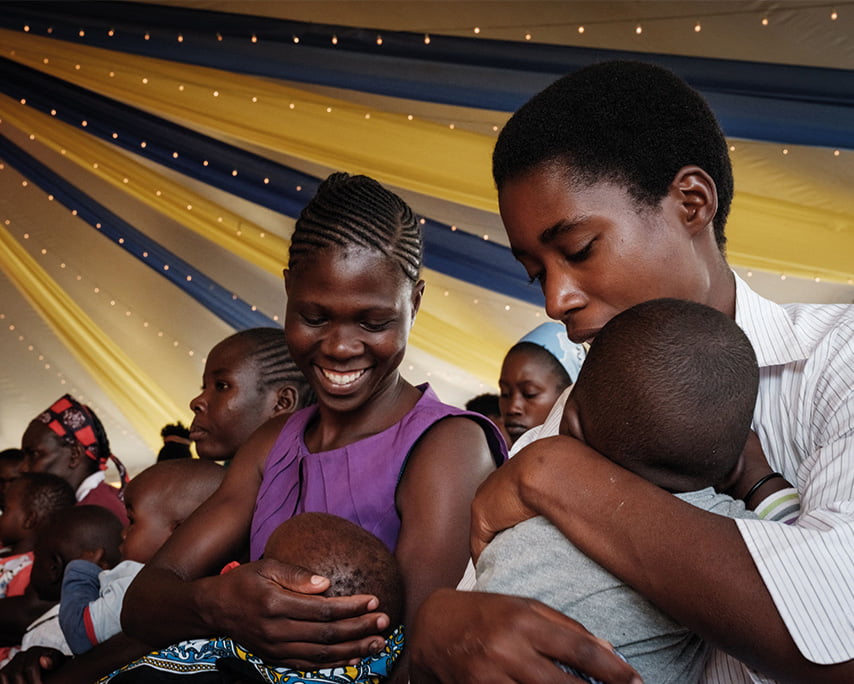World Health Day
Your health is a fundamental human right because it is essential for your enjoyment of all other rights. This concept is best explained by the World Health Organisation (WHO) definition of health as “a state of complete physical, mental, and social well-being and not merely the absence of disease or infirmity.”
This definition highlights the holistic nature of health, emphasising how it is not just about the absence of illness but also about overall well-being. It further aligns with Sustainable Development Goal 3, which advocates for healthy lives and well-being for all at all ages by addressing all major health issues: reproductive, maternal, newborn, child and adolescent health; communicable and non-communicable diseases; universal health coverage; and access to safe, effective, quality and affordable medication for all.
Access to quality health services is a fundamental human right, as recognised by the Universal Declaration of Human Rights and other international agreements. These agreements recognise every individual’s right to enjoy the highest attainable standard of physical and mental health. Under the theme “My health, my right”, World Health Day champions the right of everyone to access quality health services, information and education regardless of location. However, many people worldwide still need help accessing essential health services due to financial constraints, geographical remoteness and inadequate infrastructure.
Ensuring universal access to quality health services requires addressing these barriers through policies and interventions that promote equity and inclusivity. This includes investing in health systems, improving healthcare infrastructure, and strengthening primary healthcare services. It also involves promoting health education and literacy to empower individuals to make informed decisions about their health. Of note is how health is a prerequisite for exercising other human rights, such as the right to education, the right to work, and the right to participate in cultural life. We cannot fully engage in society or pursue our goals and aspirations without good health. Additionally, poor health can lead to poverty and social exclusion, further undermining the enjoyment of other rights.
Therefore, it is crucial that we champion health education and literacy. These tools empower the communities we serve, enabling them to make informed decisions about their health. Health education equips our communities with the knowledge and skills they need to understand health issues, prevent diseases, and adopt healthy behaviours. On the other hand, health literacy is a pathway for us to better comprehend health risks, make informed choices about our lifestyles, and navigate the healthcare system more effectively. This empowerment can lead to improved health outcomes and reduced healthcare costs. By investing in health education and literacy, we can foster healthier lifestyles, alleviate the burden of disease, and create a more equitable and sustainable healthcare system.
Your organisation can promote health education and literacy through various means, including school-based programmes, community outreach initiatives and digital health tools. It is crucial to ensure that health information is accurate, accessible, and culturally appropriate to reach a diverse audience.
Ensuring access to healthcare and promoting good health is not just a moral imperative but also a driver of sustainable development and social progress. Healthy individuals are more productive, better able to contribute to their communities, and less likely to require costly healthcare interventions in the future. By championing the right to access quality health services, information, and education, this year’s World Health Day aims to raise awareness about the importance of health equity. Your role in this is crucial. By taking action, we can ensure that everyone, no matter where they live, can access the healthcare they need to live healthy and fulfilling lives.



